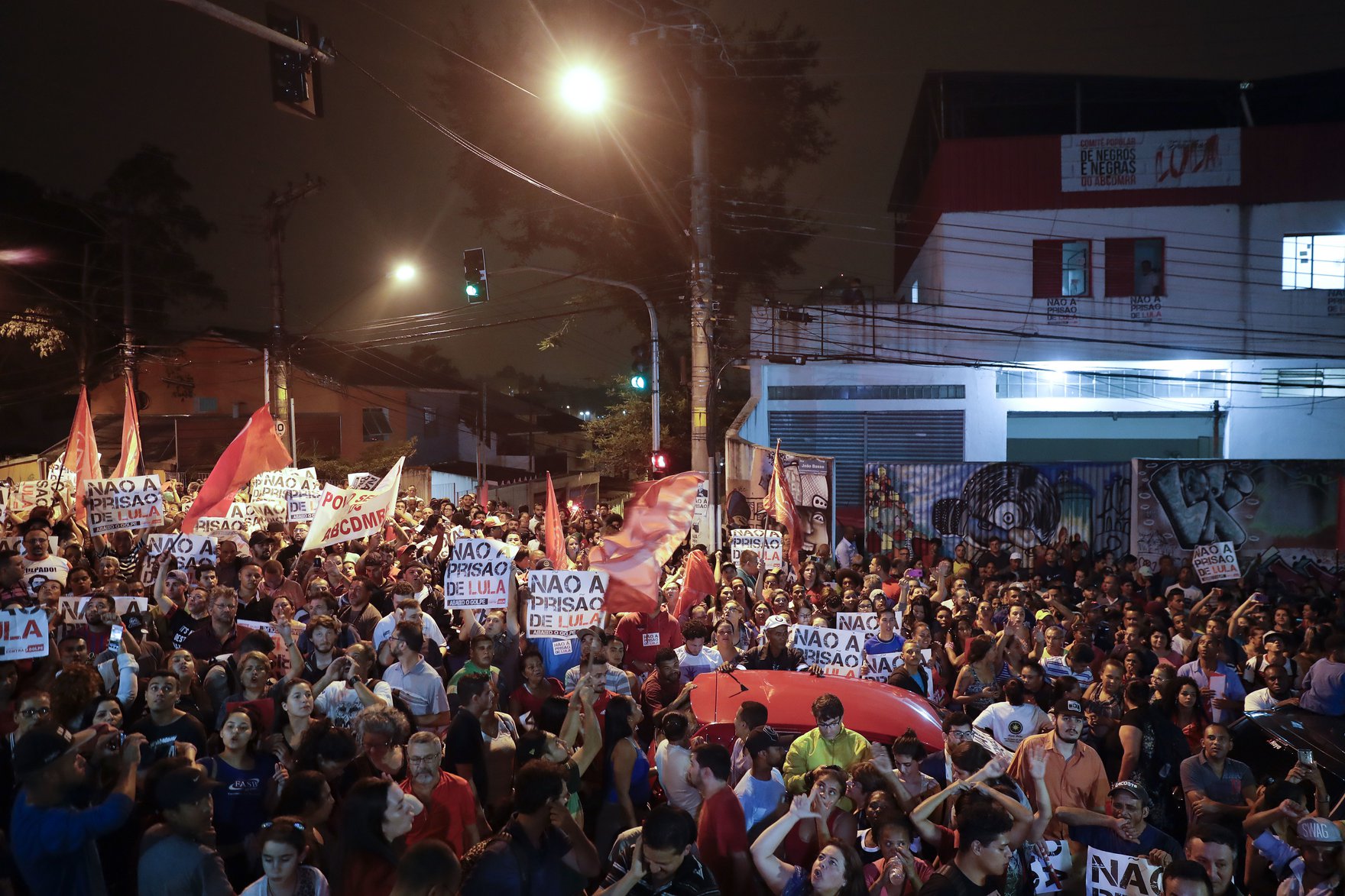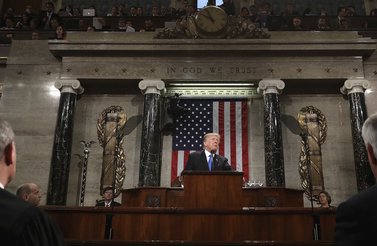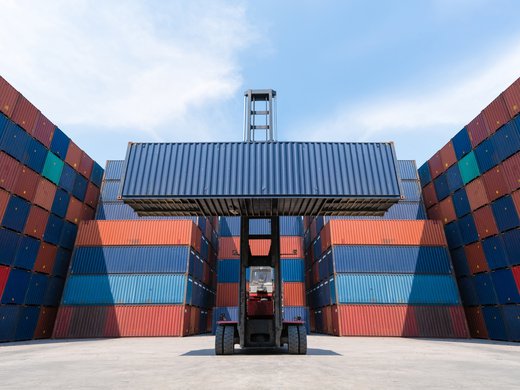The financial crisis that swept through the global economy 10 years ago has had long-lasting effects on financial landscapes, economies and politics around the globe. The crisis is reaching a new milestone of its evolution — having moved from financial crisis to economic crisis and, finally, approaching possible political crisis. It is a drama in three acts.
Act one: financial panic. But that panic was preceded by simmering problems in the subprime mortgage market. The low-grade nature of those problems led many observers to assume, perhaps in hubris, that the problems would soon be resolved, and that, in any event, they posed no systemic threat, given the small share of subprime mortgages in the US financial system. Little did they know that the problems were like termites eating away at the foundations of the financial system. When those foundations were impaired by the collapse of the Lehman Brothers investment bank, and interbank lending dried up, the whole superstructure of global finance was threatened by collapse. Panic ensued.
Act two: economic recession. The financial dysfunction that followed panic in late 2008 led to the collapse of employment, output and trade around the globe. By early 2009, governments were confronted with a synchronized downturn that was unprecedented in the postwar period. Central banks and governments responded (appropriately) by flooding financial markets with liquidity to stem panic and restore financial markets to a semblance of normalcy, injecting fiscal stimulus to arrest economic decline and eschewing trade protectionism. Despite these responses, the pervasive uncertainty spread like a virus, leading consumers and businesses to defer consumption and postpone investment until the clouds of uncertainty dissipated.
In key advanced economies, the pernicious effects of such behaviour were exacerbated by conscious policy decisions to switch prematurely from stimulus to fiscal austerity. While the motivations for this ill-considered response varied from country to country, the effects were depressingly the same: an economic recovery marked by languid growth in which unemployment remained too high for too long. The result, arguably, was growing disenchantment with the political status quo, and in particular with the perceived “elites” who both managed the increasingly globalized economy and benefited from it. Such resentment is a wellspring for political change.
That brings us to the third and final act: political upheaval around the world. The sentiments aroused in act two fed into the June 2016 Brexit vote, in which supporters argued that separating from the United Kingdom would reassert Britain’s sovereignty and repatriate power to Westminster from Brussels. Further, the political polarization that characterizes US political debates — strikingly captured in a series of informative graphs by the Pew Research Center — undoubtedly had an impact on the 2016 presidential election in the United States, which saw the emergence of Donald Trump as the antithesis of the traditional presidential nominee.
The political fallout from the global financial and economic crises also shows up in the recent polarization of European politics, the attraction to authoritarian politicians in some countries (Poland, Hungary and Turkey, for example) and the support for heterodox politicians elsewhere (Mexico). This year’s elections in Turkey, Mexico and Brazil, and the all-important mid-term elections in the United States, could present a plot twist for our drama’s third act.
Of course, political disruption coming on the heels of financial and economic crises should not be terribly surprising. It is a familiar path trod by emerging markets over the years. Financial booms, marked by excessive exuberance, in which buoyant financial markets and ample liquidity are bolstered by pro-cyclical fiscal policy, are frequently followed by busts. In the bust, confidence collapses; financial markets tank; and governments that had access to global capital markets find themselves locked out of debt markets and forced to cut spending and raise taxes in the slump. Along this path, politics gets ugly and policies switch from orthodoxy to heterodoxy.
What is surprising is that the seeds of heterodoxy may have found fertile ground in major advanced economies. This is remarkable in that it could signal policies as polarized as current politics. Indeed, stable policy regimes that are robust in the face of political changes are important markers distinguishing countries of “advanced” status from “emerging” or “developing” ones.
That stability of fundamental policies — monetary, fiscal and trade, for example — buttressed by strong political, economic and legal institutions, is an important factor accounting for US economic prosperity. In contrast, Argentina has cycled through bouts of policy orthodoxy (late 1990s and early 2000s) and heterodoxy (mid-2000s to recently). The current phase of orthodoxy is now under stress. Sadly, if history is our guide, we must conclude that the inevitable result will be a return of heterodoxy. That bifurcation of policy frameworks and the periodic switching back and forth from orthodoxy to heterodoxy generate uncertainty and myopia in economic planning and impair growth.
This is not to say that either the United States (under the mercurial leadership of President Trump) or the United Kingdom (as it muddles through its European divorce) is destined to follow the path that emerging markets have trodden — far from it. Institutions matter, and both countries have strong institutions to constrain discretion. But whereas it was once inconceivable, before the crash, that either could go down that path, the possibility can no longer be so easily dismissed.
That is the politics of crises.
The consequences of this scenario are more than a minor plot twist; they could be truly profound. They would likely entail a rollback of globalization, as well as of the international agreements and institutions that collectively constitute the governance arrangements of the global economy. This regression might provide a bromide for those who believe they have been harmed by globalization. But it would not actually help those harmed and, worryingly, could lead to further heterodoxy.




